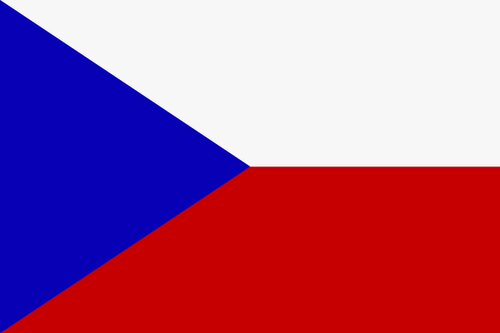Czech Republic has published its position on the next EU Research Framework Programme (FP10).
The position paper consists of eight chapters, including the following issues, amongst others:
- General remarks: The Czech Republic proposes to maintain the pillar structure of the FP. Instruments should not be continued automatically. The trend towards large-scale projects should be abandoned. Coordination and co-creation with Member States should be improved. The paper calls for “significant simplification” in FP10 and supports the lump sums approach. The current ERC governance and the MSCA instruments should be continued. Social Sciences and Humanities should be more strongly integrated into the programme.
- EIC & EIT: Innovation activities should be streamlined, particularly regarding the functioning of the EIT.
- Research and Technology Infrastructures (RTI): The paper calls for a holistic approach for the entire ecosystem, and for avoiding fragmentation. RTIs should be integrated into different pillars, but should also have a specific dedicated programme part.
- Synergies: The European and national level should be better coordinated. Collaboration between different DGs (in particular between DG RTD and DG REGIO, but also DG RTD and DG EAC) should be strengthened. -The Seal of Excellence should be used more.
- .
- Widening: The Widening component should be maintained (at national level, not at regional level), while some tools require significant modification (for instance Hop On). The added value of the European Excellence Initiative (EEI) is unclear, its continuation should therefore be reconsidered.
- European Partnerships: The paper states that European Partnerships need a common methodology and approach for their implementation and evaluation, ensuring that the process is as easy and as flexible as possible.
- EU Missions: According to the position paper, the EU Missions also need new forms of governance and collaboration as well as strong political support.
- International Cooperation: The Czech Republic states that specific measures are required in order to minimise the risks associated with illegitimate interference. Regarding the issue of dual use, the Czech Republic is against strict separation of activities for technologies that can have both civil and military applications. Support for research and development in dual-use technologies should be strategic, proportionate, and embedded in well-justified parts of FP10. Regarding the association of third countries, the UK and Switzerland are mentioned explicitly as key partners.

